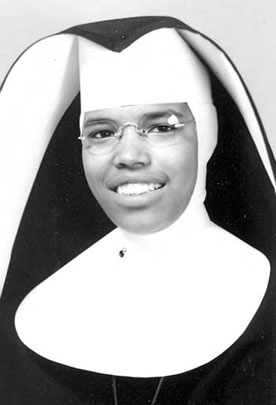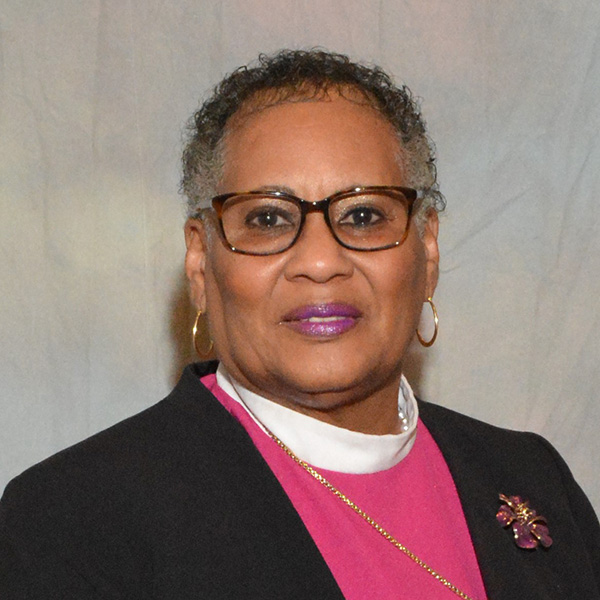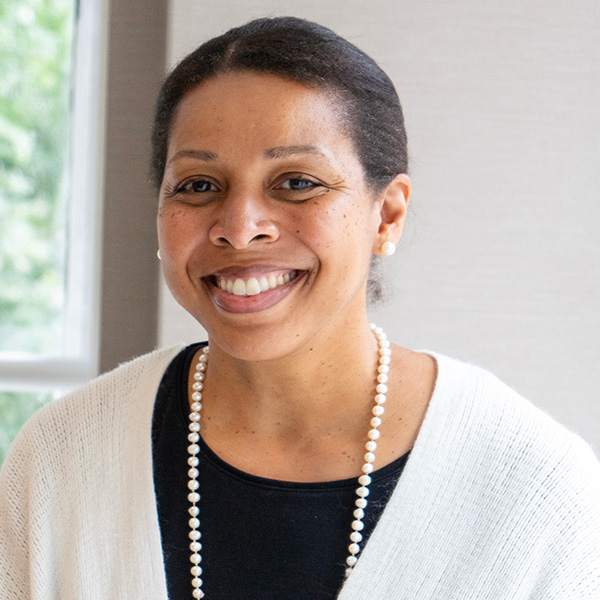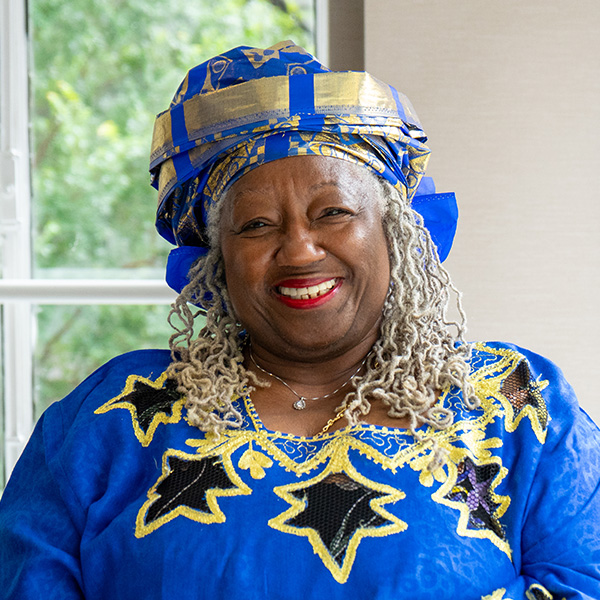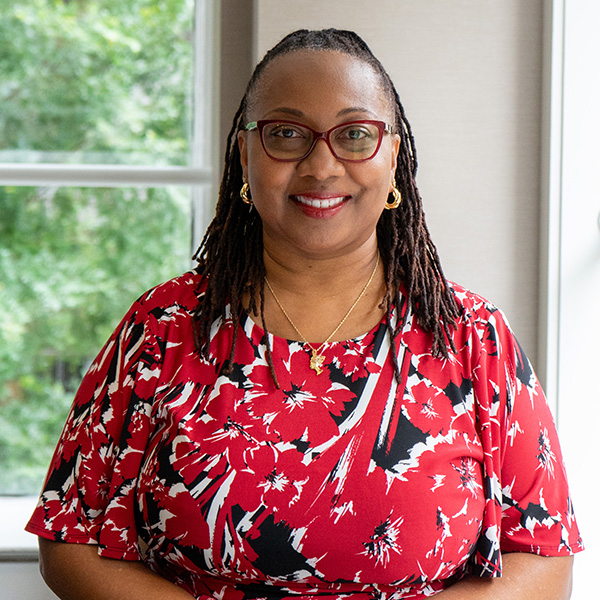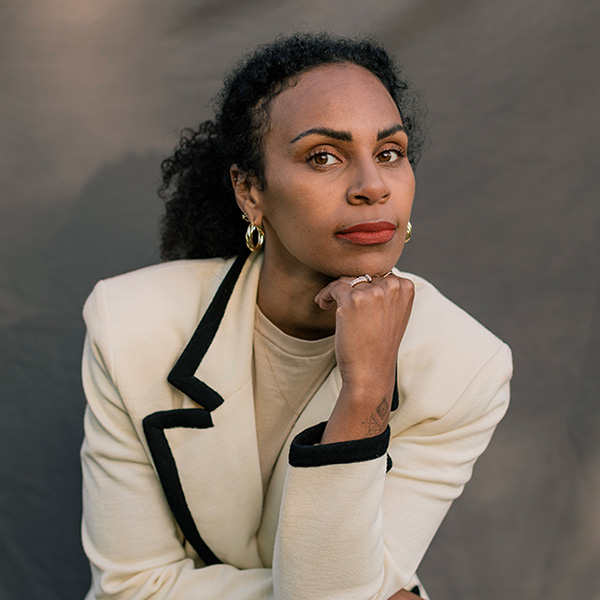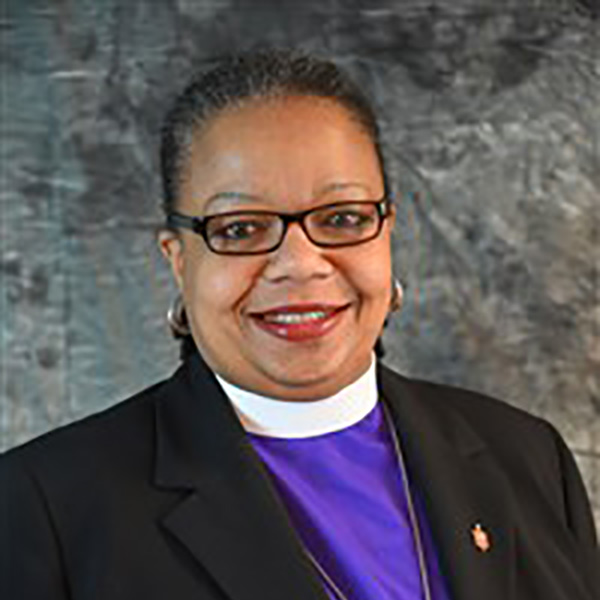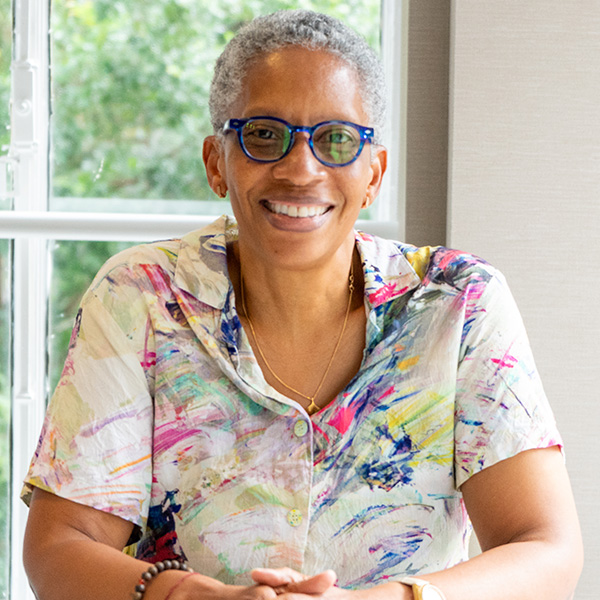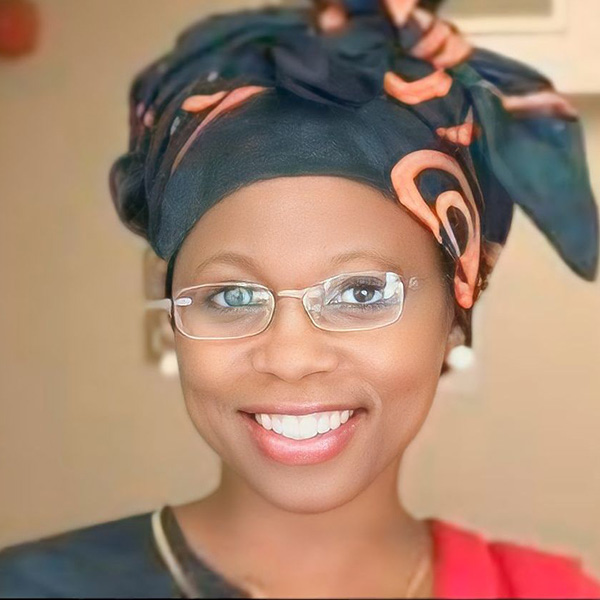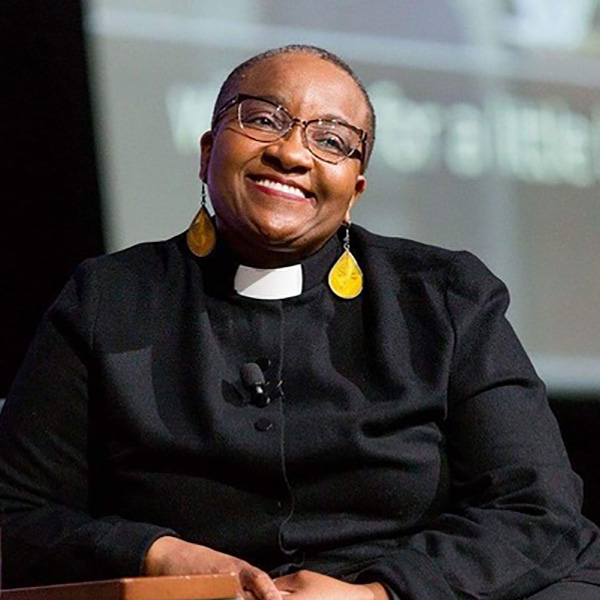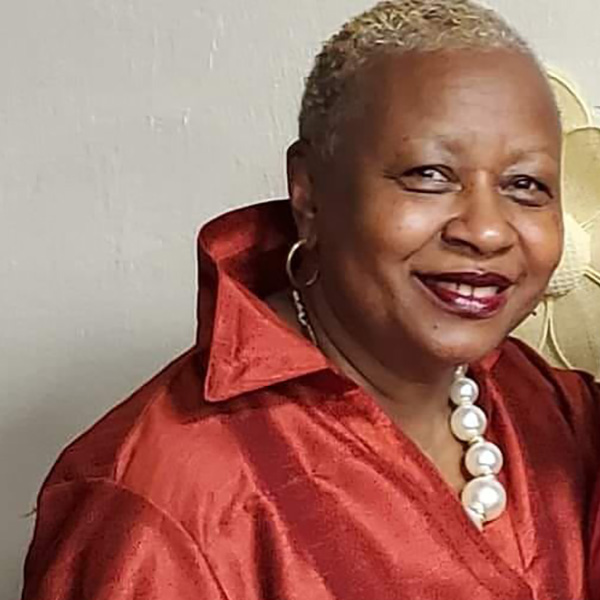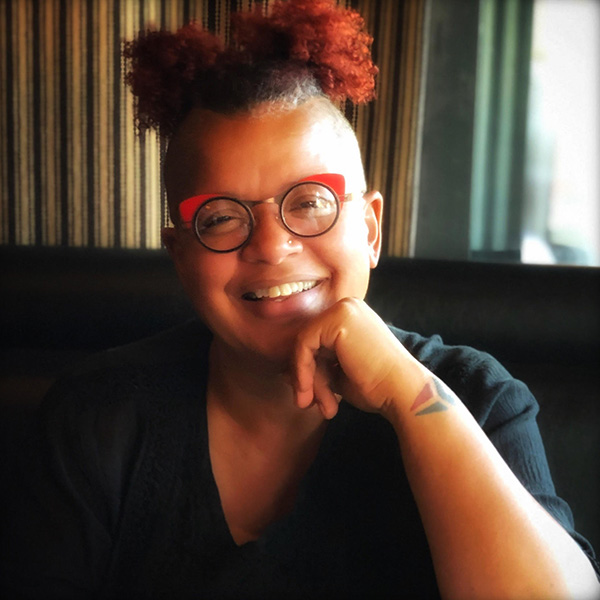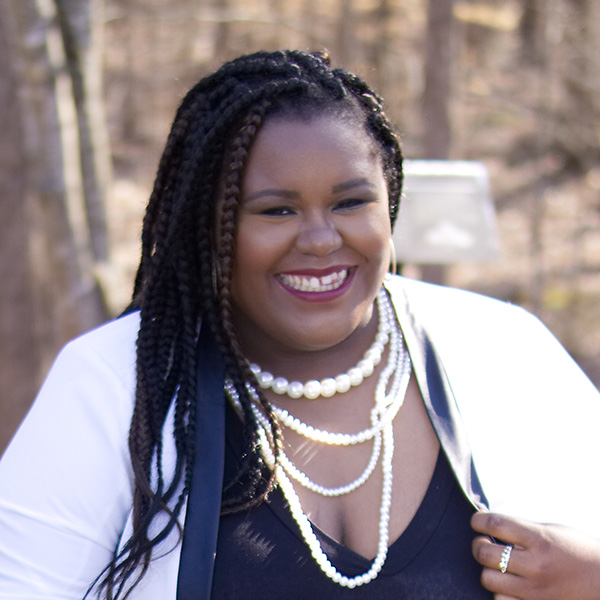Biography
Early Life
In 1993, Mary Antoinette Schiesler became the academic dean at Cabrini College. She started a spirituality group to help women understand their strengths and talents.
Mary Antoinette Schiesler overcame a difficult childhood to become a Catholic sister, chemist, and Episcopal clergywoman.
Carole Virginia Rodez (later Mary Antoinette Schiesler) was born in Chicago, Illinois, on December 13, 1934. Carole Rodez was raised in New Haven, Connecticut, by her mother, Gladyce Cunningham Rodez.
Carol was insecure because she did not know her father’s identity, and she felt rejected by her mother. Gladyce worked as a traveling singer and a domestic. When Gladyce traveled, she left Carole with relatives and friends.
Carole’s religious identity began during her early childhood years at St. Frances Academy. A black Catholic order named the Oblate Sisters of Providence founded the school in 1828.
The Oblate sisters were mostly from Haiti. They founded St. Frances as the first Catholic school for girls of color in Baltimore. Gladyce’s efforts resulted in Carole attending St. Frances.
While in high school Carole loved science, especially chemistry. She said, “I was looking for answers as an adolescent, and chemistry provided them. I was extremely scrupulous.” Science and religion provided Carole with some answers and a sense of belonging.
Religious Purpose
Carole’s name changed to Mary Antoinette when she joined the Convent of the Immaculate Conception in Baltimore. She was 17 years old when she took her vows on September 8, 1952.
Her name change relates to early childhood questions and doubts. Mary Antoinette was searching for belonging, acceptance, and loyalty.
In, I’ve Known Rivers: Lives of Loss and Liberation, Sara Lightfoot writes, “Carole Rodez became Mary Antoinette, Bride of Christ, and for the first time felt certain about her name. Joining her ‘new family,’ she gave herself over to a life totally contained.”
She turned away from worries about her origins. Mary Antoinette’s religious orders and vows shaped her identity, future academic career, and activism.
As a member of the order, Mary Antoinette continued her education. She earned her bachelor’s degree and master’s degree in the science of chemistry. Later she earned her doctorate degree in chemical education.
While completing her education, Mary Antoinette won a prestigious position at the Oak Ridge National Laboratory. At Oak Ridge, she studied biochemistry.
Academic Leadership
Nineteen years after taking her vows, at age thirty-seven Mary Antoinette left her orders. She pursued a life in chemistry and administration.
She also entered an interracial marriage with Episcopal Priest Robert Alan Schiesler in 1973.
During her career, Mary Antoinette held positions at Bowie State College, the Maryland State Board of Higher Education, the National Science Foundation, Eastern Michigan University, and Villanova University.
Before she retired, Schiesler became an academic Dean of Cabrini College in Pennsylvania. At Cabrini, she started a women’s spirituality group. She wanted to help women understand their strengths and talents.
She was a public speaker who drew on her beginnings to encourage students, especially African American students, to fight to overcome adversity and obstacles. She died on April 8, 1996, at age 61.
